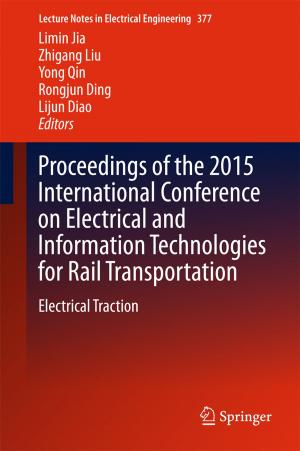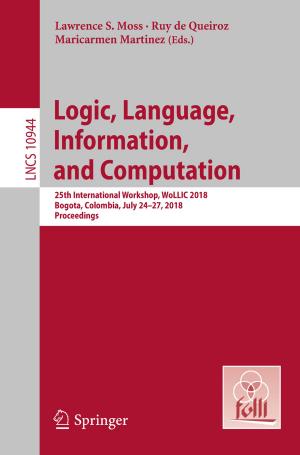On the Limits of Constitutional Adjudication
Deconstructing Balancing and Judicial Activism
Nonfiction, Reference & Language, Law, Reference, Religion & Spirituality, Philosophy| Author: | Juliano Zaiden Benvindo | ISBN: | 9783642114342 |
| Publisher: | Springer Berlin Heidelberg | Publication: | July 23, 2010 |
| Imprint: | Springer | Language: | English |
| Author: | Juliano Zaiden Benvindo |
| ISBN: | 9783642114342 |
| Publisher: | Springer Berlin Heidelberg |
| Publication: | July 23, 2010 |
| Imprint: | Springer |
| Language: | English |
Juliano Z. Benvindo investigates the current movement of constitutional courts towards political activism, especially by focusing on the increasing use of the balancing method as a “rational” justification for this process. From the critical perception of the serious risks of this movement to democracy, the book takes as examples two constitutional realities, Germany and Brazil, in order to discuss the rationality, correctness, and legitimacy of constitutional decisions within this context. Through a dialogue between Jacques Derrida’s deconstruction and Jürgen Habermas’s proceduralism, the author confronts Robert Alexy’s defense of the balancing method as well as those two constitutional realities. This confrontation leads to the introduction of the concept of limited rationality applied to constitutional democracy and constitutional adjudication, which affirms the double bind of history and justice as a condition for a practice of decision-making committed to the principle of separation of powers.
Juliano Z. Benvindo investigates the current movement of constitutional courts towards political activism, especially by focusing on the increasing use of the balancing method as a “rational” justification for this process. From the critical perception of the serious risks of this movement to democracy, the book takes as examples two constitutional realities, Germany and Brazil, in order to discuss the rationality, correctness, and legitimacy of constitutional decisions within this context. Through a dialogue between Jacques Derrida’s deconstruction and Jürgen Habermas’s proceduralism, the author confronts Robert Alexy’s defense of the balancing method as well as those two constitutional realities. This confrontation leads to the introduction of the concept of limited rationality applied to constitutional democracy and constitutional adjudication, which affirms the double bind of history and justice as a condition for a practice of decision-making committed to the principle of separation of powers.















